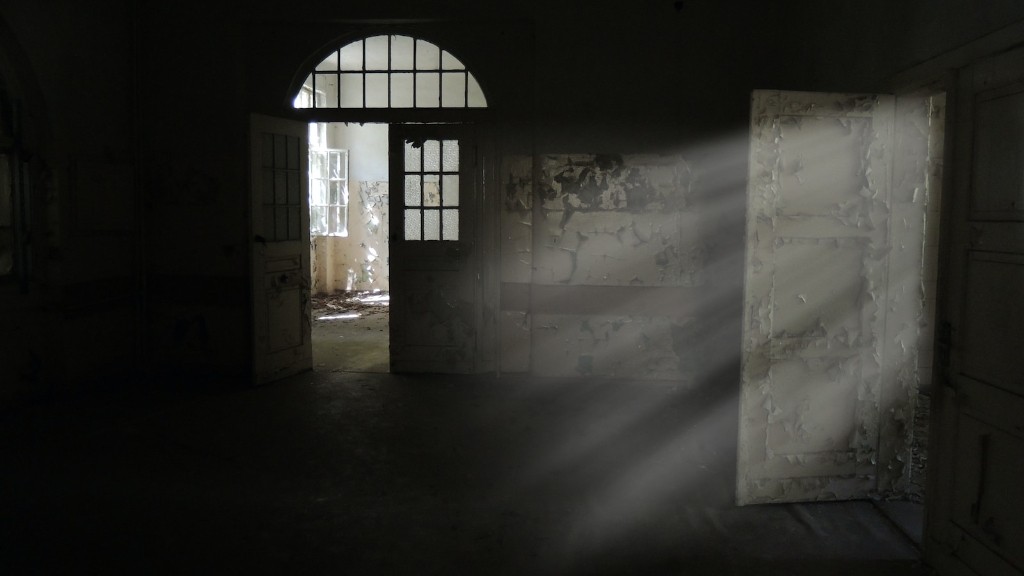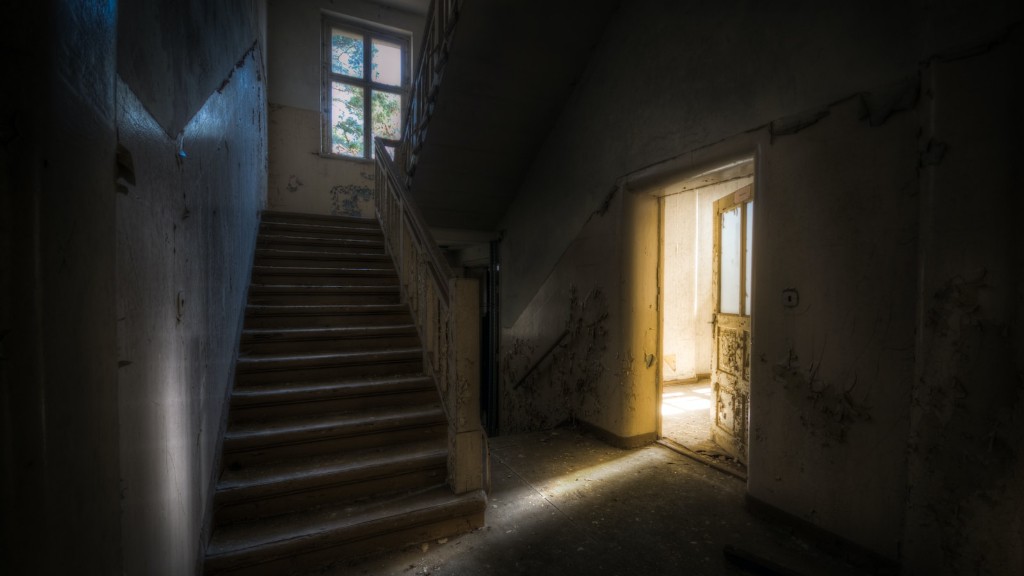Introduction
Psychological thrillers are known for gripping viewers with a suspenseful and unsettling narrative that delves deeply into the psychological strength and fragility of its characters. The thrill of being taken on a journey where the audience isn’t quite sure what’s at the end of the road – or even if the characters will make it there alive – is what drives the popularity of these films. From the 1990’s cult classic thriller ‘The Silence of the Lambs’ to the recent psychological masterpiece ‘Memento’, these movies have had varying levels of success over the years. They often deal with themes of violence, paranoia, obsession, violation and other darker aspects of our society and human nature. Although these films can be uncomfortable to watch, they have a potential to emotionally provoke and stimulate the viewer and thought-provoking insights can sometimes be gained from them. In this article, we will look at some of the most acclaimed psychological thrillers of all time and what makes them so unique and successful.
The Silence of the Lambs
Widely regarded as one of the greatest psychological thrillers of all time, ‘The Silence of the Lambs’ is a fast paced, darkly atmospheric film directed by Jonathan Demme and released in 1991. The storyline focuses on FBI agent Clarice Starling (Jodie Foster) as she attempts to find the identity of a serial killer known as ‘Buffalo Bill’ with the help of a notorious yet brilliant psychiatrist, Hannibal Lecter (Anthony Hopkins). It is a gripping thriller which draws its power from its psychological elements and the brilliant performances of its two main characters. The Academy Award-winning film has remained in the public consciousness due to its complex and powerful story which has been analysed and dissected in psychology and film studies classes ever since.
Se7en
Another cult classic psychological thriller is ‘Se7en’ which was released in 1995 and directed by David Fincher. This Oscar-nominated movie follows a retiring detective, William Somerset (Morgan Freeman), as he and rookie cop David Mills (Brad Pitt) attempt to capture a mysterious serial killer who is using the biblical ‘Seven Deadly Sins’ to select his victims. The film contains slow-burning dark intensity, clashing themes of justice and faith, and a thrilling climax which have made it a timeless classic of the genre. With its carefully crafted narrative and well-crafted characters, it makes for an unforgettable experience. In addition, the film’s visual style has been studied in many university film classes, and many commentators have noted its realistic and bleak depiction of our society.
Shutter Island
Undeniably one of the masterful psychological thrillers in recent years, Martin Scorsese’s ‘Shutter Island’ is an engrossing and thrilling journey worthy of its director’s unique vision. The movie stars Leonardo DiCaprio as US Marshall Teddy Daniels, assigned to investigate the suspicious disappearance of a patient at an insane asylum on the eponymous Shutter Island. This visually stunning film may contain a predictable narrative arc, but its compelling mystery, stunning visuals, strong performances and twists keep you hooked till the very end. It certainly proves why Scorsese is one of the most respected filmmakers of his time.
Memento
Christopher Nolan’s ‘Memento’ is a psychological thriller released in 2000 that follows the story of Leonard Shelby (Guy Pearce), a man with short-term memory loss who is trying to track down his wife’s killer. It is the gripping tale of a man on a desperate mission with a compelling and believable anti-hero at its center. Although the narrative structure is largely non-linear, it keeps the audience invested, while creating a film that’s almost like one big puzzle box. ‘Memento’ is a psychological masterpiece, which come with moments of gut-wrenching emotion and moments of intense psychological analysis. Furthermore, it contains a plethora of thought-provoking details and theories, making it one of the most outstanding films of its subgenre.
Psychology and the Use of Music
Psychological thrillers often take advantage of the effectiveness of music to create a sense of tension, anxiety and fear. The use of music to generate an atmosphere of suspense and dread is something unique to the genre and is a powerful way to draw an audience into the story. Composers often employ jarring, atonal and dissonant sounds as well as recurring themes and leitmotifs to portray a sense of dread and tension. Additionally, low-frequency sounds and explosive percussion are often used to intensify the suspenseful moments. Music is arguably one of the strongest and most effective elements of psychological thrillers and filmmakers often use it to great effect.
Cinematography
Cinematography is also an important part of psychological thrillers and can not only supplement the narrative but also emphasise the psychological states of its characters. Mood, lighting, camera movements and shot composition are integral elements of psychological thrillers, and can be used to create an uneasy and unsettling atmosphere. Extreme close-ups, long takes, POV shots and slow motion are a few techniques filmmakers often use to portray the intense emotions of their characters.
An Analysis of Psychological Thrillers and their Effect on the Viewers
Though psychological thrillers can be uncomfortable to watch, they have a potential to emotionally provoke and stimulate the viewer. Many of the films can leave an impression and create thought-provoking insights and scholarship on the psychological aspects of human nature and its darker aspects. On a deeper level, some of these films explore the morality of its characters and pose questions regarding our humanity itself.
Psychological thrillers often subvert genre conventions with their peculiar and immersive stories. They are often suspenseful and unpredictable, balancing plot developments with character-driven scenes. As a result, they have had an immense impact on the film industry and have been studied both in universities and in psychological research.
Study of Psychology in the Films
The human psychology presented in these films often reflects important phenomena in our society. For instance, ‘The Silence of the Lambs’ was one of the first films to take on certain gender theories and presented a strong female protagonist in a traditionally male-dominated genre. Similarly, ‘Memento’ explored themes of love, revenge, and memory processing and has been linked to various psychological paradigms.
In addition, psychological thrillers often offer empathy by exploring ways in which dark behaviour can be understood and contextualised. ‘Se7en’ for example, studies the human capacity for evil, and the power of faith and pathos the victims can reach in their darkest hours.
The Debate on its Effects on Audience
Although these films offer psychological insights, some viewers are often outraged by their level of violence and discomfort they cause. They have been criticized for encouraging moral degradation and apathy among its viewers. Whether or not they lead to such consequences is still very much in debate.
Furthermore, some viewers can find themselves fascinated by the world and psychology of these dark characters, and can even be seen identifying with them. There is controversial research that suggests that viewers can in fact experience empathy for evil characters – especially in psychological thrillers – a phenomenon that is known as ‘adventurous empathy’.
Acting and Writing of Psychological Thillers
When it comes to the acting in these films, there is no shortage of great performances. Moving performances delivered by experienced and talented actors such as Jodie Foster, Morgan Freeman, and Leonardo DiCaprio often help to deliver the power of these stories.
Just as important as the acting in psychological thrillers is the writing and direction. The directors of these films often take great care in crafting a mood and atmosphere that respects the genre conventions while also taking the viewer on a journey of psychological exploration. As for the writing, the writers take great care in crafting the story and mystery – often turning the genre tropes and conventions on its head and adding their own unique twists and flourishes in order to create unique stories.
The Reception and Legacy of Psychological Thrillers
It is clear that psychological thrillers have a strong legacy in the film industry and have been an influential type of cinema. They often explore complex ideas and intense emotions – something that viewers have found inspiring and equally entertaining. Many of these films have gone on to become cult classics, and have inspired the next generation of filmmakers.
In terms of reception, these films have resonated among the audience due both to the power of the stories and their intense visual style. As a result, they’ve been praised by critics, academics and film aficionados. Psychological thrillers have flourished in the last few decades, and as long as there is a demand for quality storytelling with moral complexity and integrity, they are sure to remain popular and inspiring.


